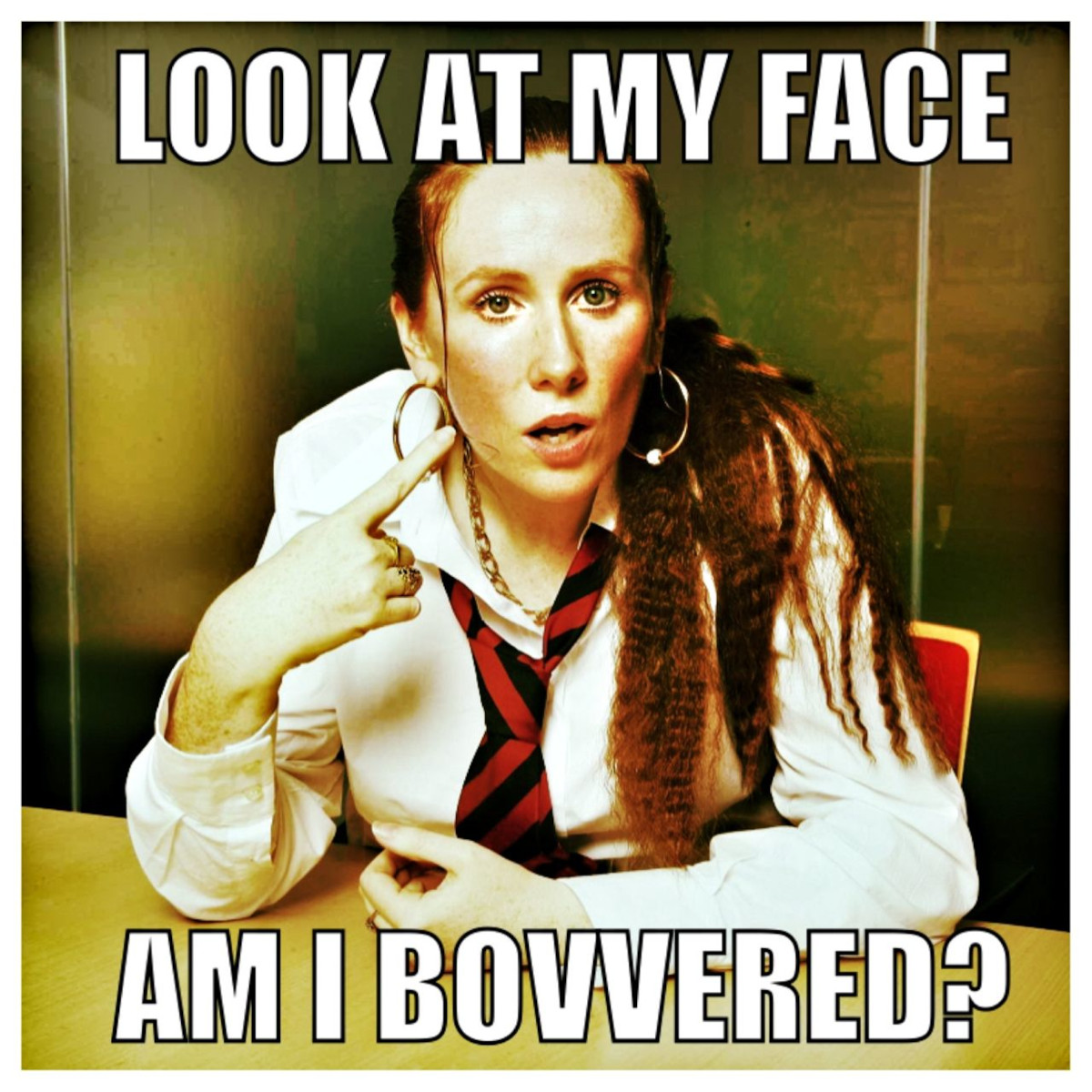Does my face look bovvered? Department of Health’s attempt to ignore and minimise RQIA judgment
PPR publishes the Department of Health’s response to its letter regarding the implications of RQIA’s failure to regulate community mental health services
Following a successful High Court challenge taken by Mr. Paul Herbert earlier this year, which established that the RQIA had failed to regulate community mental health services for 14 years, PPR wrote to the Department of Health, asking a number of questions regarding the implications of that court declaration. In the interests of transparency and accountability, we are sharing that response here.
The response, which took over 3 months to be issued, fails to answer a number of key questions.
The overall tone of the letter is dismissive of the enormity of this failing for people who need support from community mental health services. Parity for those with mental health challenges remains bottom of the pile. At the very least, one would have expected a public apology and commitment to investigate and redress these failings.
Most shocking is the admission by the Department of Health that it does not in fact know how many people have been potentially affected by this regulatory failure. It also admitted that it could not provide a full list of community mental health services that had not been regulated since 2009.
What the Department is effectively saying is that it hasn’t been sufficiently concerned by this regulatory failure to establish its scale and impact.
Any observer of this fiasco could be forgiven for thinking that the Department of Health would have sought this information with all urgency following the court judgment. What the Department is effectively saying is that it hasn’t been sufficiently concerned by this regulatory failure to establish its scale and impact.
The Department didn’t answer the question as to why it failed to act once the gap in regulation was brought to their attention; instead it simply reiterated the court’s ruling.
Other issues of concern raised by the Department’s response include :
- The failure by the Department to independently assess the impact of RQIA’s failure to regulate community mental health services.
- The two-tier regulatory regime between independent sector and the statutory sector, whereby statutory mental health services are not subject to the same regulatory regime required of independent sector health and social care providers and are without a set frequency of inspections.
- The stalling of work on a new draft regulatory policy framework, including a public consultation, which the Department has indicated is due to its work on the Covid-19 response.
- Work on a review of legislation is paused ‘to allow for other priority projects to progress’.
The fictional character of Lauren Cooper in the Catherine Tate Show had a number of memorable catchphrases, chief among them being “Does my face look bovvered?”. It’s hard not to be reminded of that reading the Department’s utterly inadequate response.

Image caption: Paul Herbert with his nephew Garerth Waterworth
Families involved in the New Script for Mental Health know only too well the devastating consequences of regulatory failures in mental health services. The Department’s attempts to downplay the seriousness of this matter are deeply concerning.
PPR and New Script for Mental Health will continue to support families to campaign for a fully human rights compliant, independent regulatory regime for mental health, one that is fit for purpose.
You can read about the background to the case below.
On 12 May, Mr. Herbert won a High Court battle that established that the RQIA, the regulatory body for health services, is legally required to scrutinise community-based mental health treatment.
Mr. Herbert successfully claimed that the RQIA had wrongly asserted it had no legal remit to regulate the provision of community mental health services. The background to this case is outlined here.
You can read more about the court judgment here